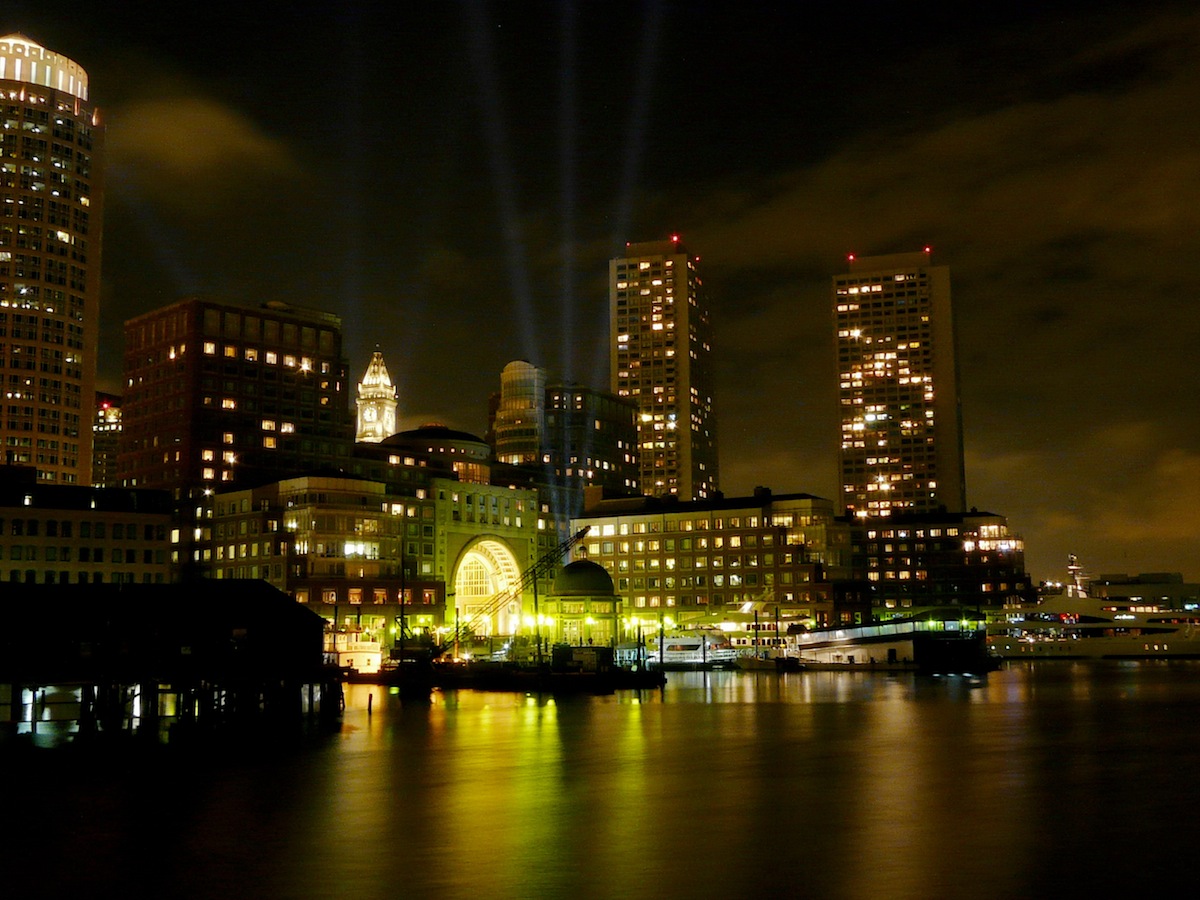Boston Nightlife Could Soon Extend Beyond 10 p.m.

Photo by Henry Zbyszynski on Flickr/Creative Commons
If New York is the “City That Never Sleeps,” Boston is more like the “City That Goes to Bed Around 10 p.m., Because It Has Stuff to Do in the Morning.”
Mayor Marty Walsh announced Wednesday a set of recommendations made by his Late Night Task Force, established in 2014 to fix the city’s Puritan perception problem. The group—comprised of students, restaurant and bar owners, law enforcement, and business leaders—calls for extended hours and fewer restrictions on patio dining and live music.
“In the City of Boston we have an opportunity to create the kind of nightlife that visitors expect in a world-class city,” Walsh said in a release. “I thank all the members of the task force who came together over the course of several months to help us think about how to make Boston a more exciting an engaging place to live, work, and play. I look forward to further exploring these recommendations to make Boston even more enjoyable for everyone.”
The task force recommends extending liquor license hours within a designated area with a hearing; allowing restaurants with 10 or 11 p.m. licenses citywide to stay open until midnight, pending a hearing and community input; and the creation of “pilot areas” throughout downtown Boston to extend liquor license hours.
That last bit would require legislative approval, which, as Walsh learned in 2014 when Beacon Hill quashed his proposal to keep bars open later, doesn’t come easy.
“The MRA applauds the efforts of the Mayor and the City of Boston in moving forward these initiatives,” Massachusetts Restaurant Association president and CEO Bob Luz said in the same release. “Common sense approaches, such as allowing small operators to serve food after 10 p.m. and removing unnecessary regulations on downtown operators will continue to make Boston flourish.”
The task force also recommends allowing restaurants to serve drinks on patios and decks without the requirement of serving food as well; extended hours for live entertainment and music on patios “if local residents are not disturbed”; and more streamlined requirements for licensing in order to eliminate redundancies in the process.
“All neighborhoods of Boston benefit from increased restaurant vibrancy and occupancy,” Luz said.


